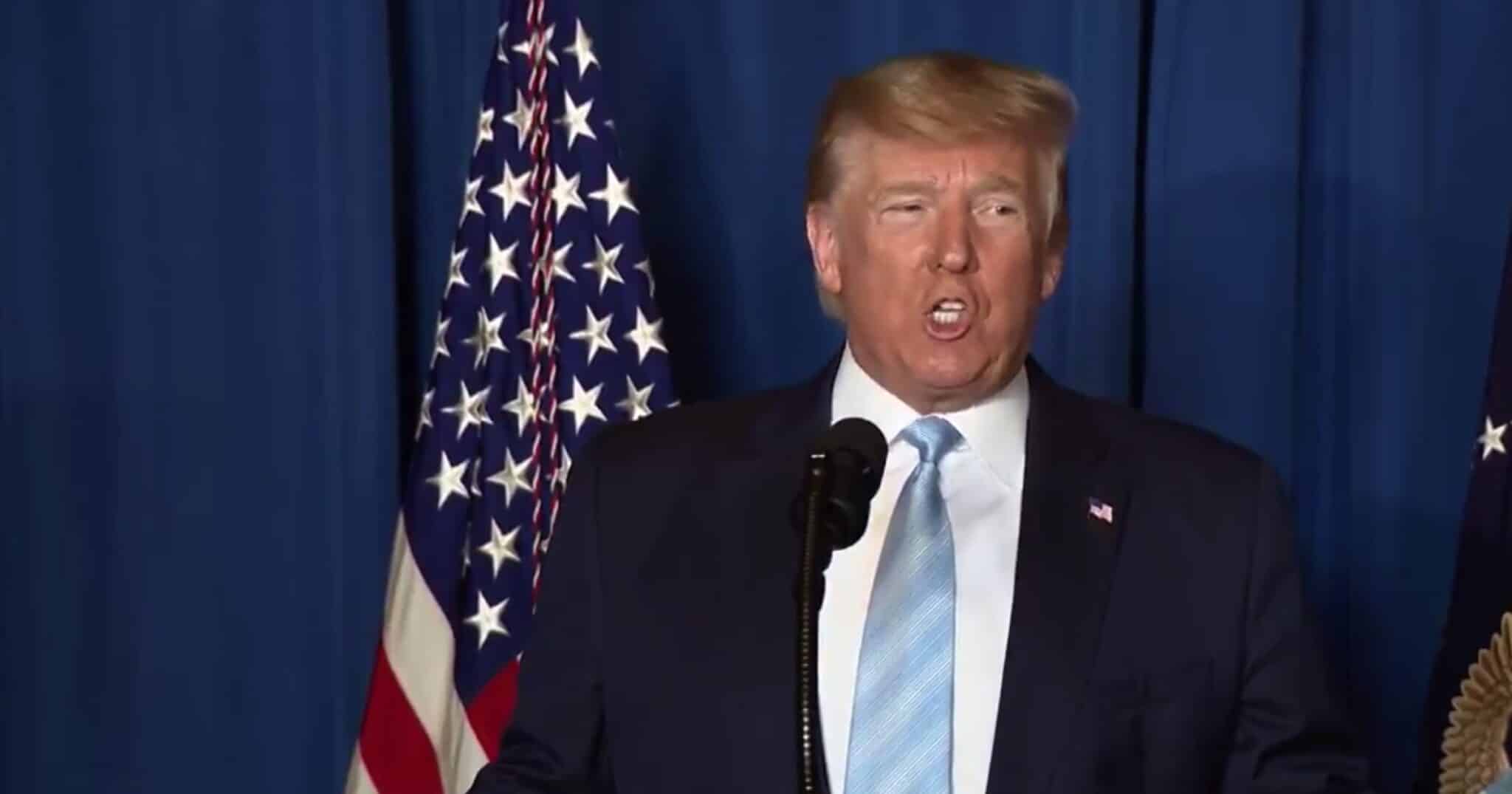








The Department of Justice is pushing back on President-elect Donald Trump's efforts to postpone a nationwide ban on TikTok, a move motivated by security concerns linked to the app's Chinese ownership. Attorney General Merrick Garland emphasizes the threat the app poses due to its potential use by China for espionage and covert influence.
The U.S. government is grappling with TikTok's looming ban, citing serious national security threats due to its ties with ByteDance, a Chinese company.
In recent developments, the DOJ has appealed to the Supreme Court to reject Trump's request to delay the ban according to The Washington Examiner.
Congress earlier enacted legislation mandating ByteDance to divest from TikTok to avoid the app's prohibition in the U.S. market. President-elect Trump has sought more time, suggesting a political resolution could be achievable once he assumes office on Jan. 20.
Garland warned about TikTok's extensive data collection capabilities, stating it poses a significant risk since the app gathers sensitive information on approximately 170 million American users.
He described how this data could become a "potent weapon" for espionage and influence operations targeted at the U.S. The geopolitical implications of TikTok's control by the Chinese government, he argued, could potentially be exploited during critical moments of crisis.
Despite the security concerns, TikTok and its advocates argue that the proposed ban would infringe upon First Amendment rights. This perspective is echoed by a bipartisan group of lawmakers, including Sens. Ed Markey and Rand Paul, along with Rep. Ro Khanna, who support free expression on the platform.
TikTok's appeal claims that the fears surrounding national security are exaggerated and overshadow the adverse effects the ban would have on American rights.
The DOJ, however, maintains that mandating ByteDance to divest maintains consistency with First Amendment principles. According to Garland, this requirement is in line with the U.S. tradition of limiting foreign influence over essential communication channels and infrastructure.
Garland further argued that the Act is focused on controlling foreign adversaries and does not restrict free speech. He emphasized that TikTok would be able to offer the same content post-divestiture, ensuring that the legislation targets foreign control rather than freedom of expression.
With the Supreme Court set to hear oral arguments on TikTok's appeal on Jan. 10, the stakes are high as both national security and constitutional rights are at the forefront of this debate.
Trump's request to delay the ban until after he takes office underscores the tension between political maneuvering and immediate security commitments.
Garland dismissed claims that the Act is intended to suppress unfavorable opinions, emphasizing that its true objective is to mitigate risks associated with foreign control. As the Supreme Court date approaches, the legal discourse around TikTok illustrates the broader conversation about technological sovereignty and security.
The impending legal discussions will play a pivotal role in determining TikTok's future in the U.S. The outcome could set significant precedents regarding how digital platforms, especially those with foreign ties, are regulated under American law.
Garland's firm stance reflects the administration's dedication to safeguarding national security, while TikTok's defense underscores an enduring commitment to constitutional protections. As these two narratives unfold, the tech world keenly watches to see how these controversial issues are resolved.
In the evolving landscape of global tech and diplomacy, the U.S. faces complex decisions that balance national interests with individual freedoms. The resolution of TikTok's case presents a critical juncture for policymakers as they navigate these multifaceted challenges.
As arguments continue, the broader implications for other foreign-owned digital platforms operating in America remain uncertain. The resolution will not only affect TikTok but could also influence future policies regarding international technological influence in the U.S.


